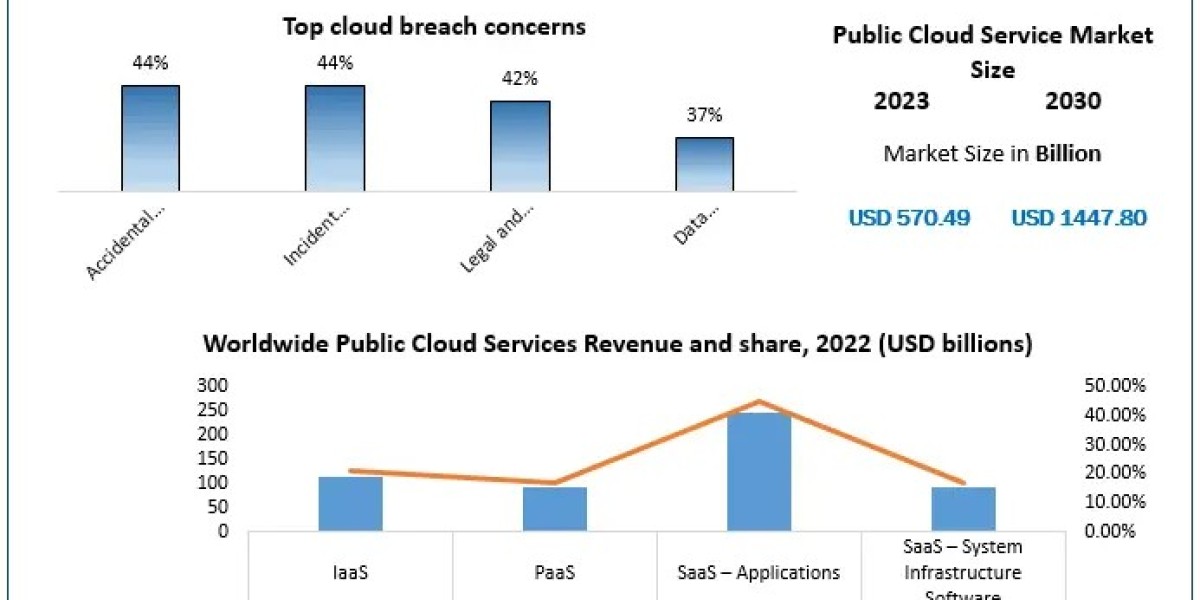Debt collection is an unavoidable reality for many people facing financial challenges. While some collectors operate within the law and treat individuals with respect, others engage in tactics that can quickly turn into harassment. Understanding the difference between harmless calls and harassment is essential for anyone dealing with debt collectors. In this article, we’ll explore common debt collection tactics, highlight the warning signs of harassment, and provide guidance on how to protect your rights.
Understanding Debt Collection Tactics
Debt collectors employ various tactics to encourage payment of outstanding debts. Some of these methods are perfectly legal, while others cross the line into harassment. Here are some common practices used by debt collectors:
Friendly Reminders: Many legitimate collectors start with polite reminders about overdue payments. They may call or send letters to notify you of your balance and the consequences of non-payment. These interactions are often harmless and aim to resolve the issue amicably.
Negotiating Payment Plans: Some collectors may offer flexible payment options or settlements to help you manage your debt. This approach can be beneficial for both parties and shows a willingness to work with you rather than against you.
Aggressive Tactics: On the other hand, some collectors resort to aggressive tactics that can be overwhelming. This might include incessant phone calls at all hours, threats of legal action, or demands for immediate payment. If you feel pressured or intimidated, it’s crucial to recognize these tactics as potential harassment.
Recognizing the Signs of Harassment
Not all debt collection calls are created equal. Here are some warning signs that may indicate you’re dealing with harassment rather than a harmless reminder:
Frequent Calls: Receiving multiple calls each day, especially outside of normal business hours, can be a sign of harassment. Collectors are prohibited from calling you before 8 a.m. or after 9 p.m. unless you give them permission.
Threats and Intimidation: If a collector threatens legal action, wage garnishment, or even arrest without legitimate grounds, they may be crossing the line into harassment. Such threats are not only unethical but often illegal.
Using Abusive Language: If a collector uses foul language, insults you, or tries to manipulate your emotions, it’s a clear indicator of harassment. Professional debt collectors should conduct themselves with respect.
Contacting Third Parties: Debt collectors may not discuss your debt with family, friends, or coworkers. If they are contacting others to embarrass you or gather information, it is a violation of the Fair Debt Collection Practices Act (FDCPA).
Refusal to Provide Verification: If you ask for details about the debt, including the original creditor and the amount owed, and the collector refuses or avoids the question, this could be a red flag.
Your Rights Under the Law
The FDCPA protects consumers from abusive debt collection practices. If you find yourself on the receiving end of harassment, it’s essential to know your rights:
Right to Request Validation: You have the right to ask for proof of the debt. Upon your request, the collector must provide written verification detailing the amount owed and the original creditor.
Right to Stop Contact: You can request in writing that the collector cease all communication. Once they receive this request, they can only contact you to acknowledge your request or inform you of any legal action.
Protection from Harassment: The law prohibits debt collectors from using abusive language, making threats, or engaging in harassment. If they violate these laws, you have grounds for a complaint or legal action.
What to Do If You Experience Harassment
If you suspect you’re facing harassment from a debt collector, take the following steps:
Document Everything: Keep a record of all communication, including dates, times, and the nature of the calls. This information will be essential if you decide to take action.
Send a Cease-and-Desist Letter: If you want the collector to stop contacting you, send a formal letter requesting they cease communication. Make sure to keep a copy for your records.
File a Complaint: Report the collector to the Consumer Financial Protection Bureau (CFPB), the Federal Trade Commission (FTC), and your state attorney general’s office.
Consult an Attorney: If the harassment continues or escalates, consider speaking with a consumer rights attorney. They can help you understand your options and represent you in legal proceedings if necessary.
Navigating debt collection can be stressful, and knowing whether you’re dealing with harmless calls or harassment is crucial for protecting your rights. By understanding common debt collection tactics and recognizing the signs of harassment, you can take control of your situation. Remember, you have rights under the FDCPA, and there are steps you can take to stand up against abusive practices. Don’t let harassment go unchecked; empower yourself with knowledge and take action when necessary.



